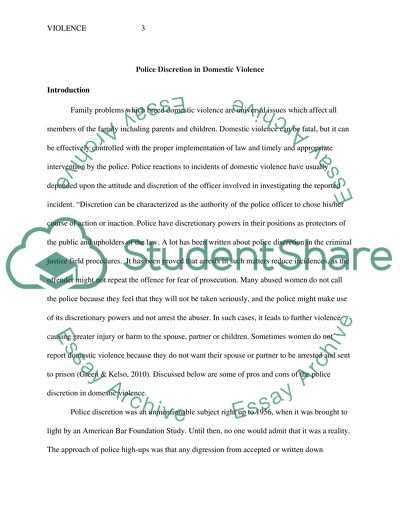Cite this document
(“Police Discretion in Domestic Violence Research Paper”, n.d.)
Retrieved from https://studentshare.org/law/1467264-police-discretion-in-domestic-violence
Retrieved from https://studentshare.org/law/1467264-police-discretion-in-domestic-violence
(Police Discretion in Domestic Violence Research Paper)
https://studentshare.org/law/1467264-police-discretion-in-domestic-violence.
https://studentshare.org/law/1467264-police-discretion-in-domestic-violence.
“Police Discretion in Domestic Violence Research Paper”, n.d. https://studentshare.org/law/1467264-police-discretion-in-domestic-violence.


